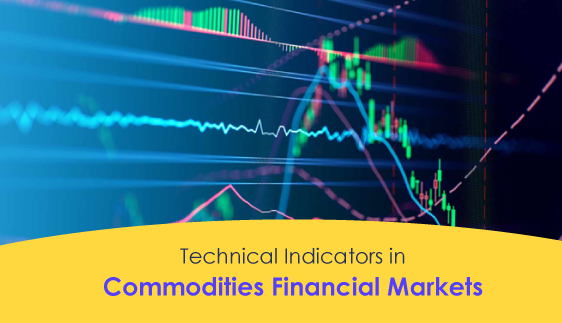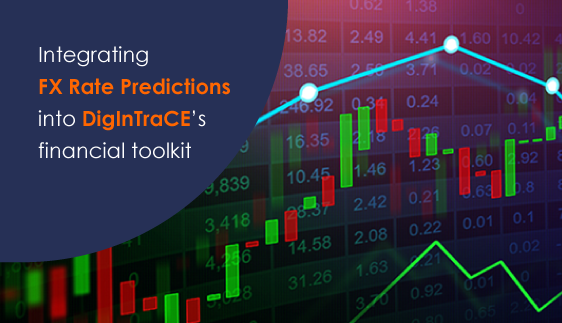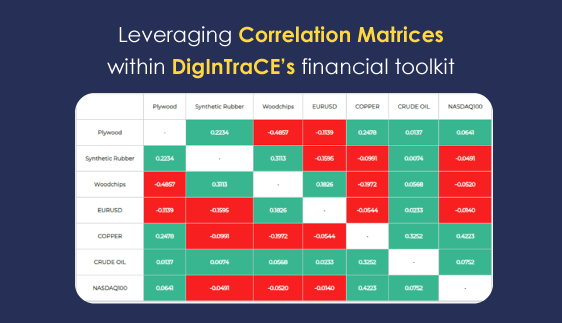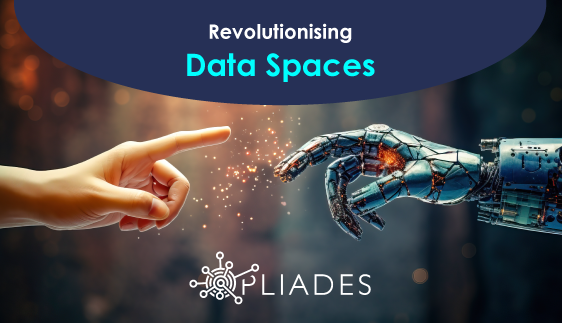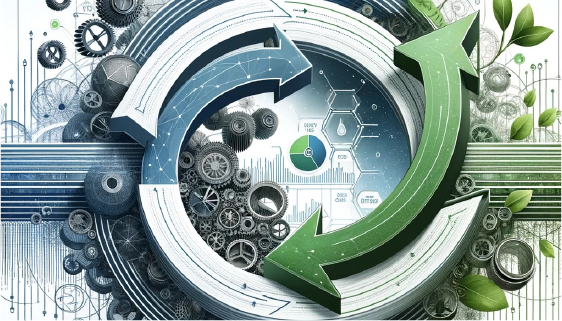In a world grappling with the consequences of relentless consumption and environmental degradation, the concept of circular economy has emerged as a beacon of hope. The circular economy aims to redefine our economic systems by minimizing waste, maximizing resource utilization, and promoting sustainability. The key to the success of this transformative vision is the ability to trace effectively the product data throughout the product lifecycle.
In the quest to establish a circular economy, the secondary materials market plays a pivotal role. This market encompasses the trade and reuse of recycled materials, ranging from plastics and metals to textiles and electronics. To further advance the circular economy agenda, stakeholders are turning to cutting-edge technologies like Artificial Intelligence (AI), Machine Learning (ML), and financial tools, which offer remarkable opportunities to reduce costs, enhance efficiency, and maximize the value of secondary materials.
HORIZON EUROPE (Grant agreement ID: 101091801) project aims to promote circularity and achieve low emissions through the reduction of waste and the use of secondary raw materials.
In the DigInTraCE project, the financial technology unit of Hypertech SA has the responsibility of crafting, building, and validating a financial services toolkit destined for integration into the decentralized traceability platform conceived during the project's development. This toolkit's primary objective is to assist participants in the circular economy in devising strategies to counteract fluctuations in the prices of secondary/recycled materials, ultimately aimed at minimizing the risks associated with these price fluctuations. The toolkit will bolster advanced analysis of price data, enabling the visualization of historical pricing trends for secondary materials and their correlations with raw material prices. Additionally, it will provide forecasting capabilities and the means to hedge against volatility risks.
To conclude, by harnessing the power of data-driven decision-making, we are not only advancing sustainability but also forging a more prosperous and resilient future for businesses and the planet alike. The collaboration between technology, finance, and sustainability is setting the stage for a circular economy that is not only environmentally responsible but economically viable.
--
About the project: consortium includes 22 organizations from 6 EU members, including 7 organizations from Greece, and 1 associated country (8 Academic and Research Technology Organizations, 6 Industrial partners, 3 digital technology providers, 1 Standardization Organization, 2 Certification Organizations and 2 pioneering Small and Medium Enterprises).
The project will last 4 years and has a budget of €7.6 million.
The project is funded by the European Union's HORIZON 2020 research and innovation program.
P.S.: Views and opinions expressed are however those of the authors only and do not necessarily reflect those of the European Union or HADEA. Neither the European Union nor the granting authority can be held responsible for them.
